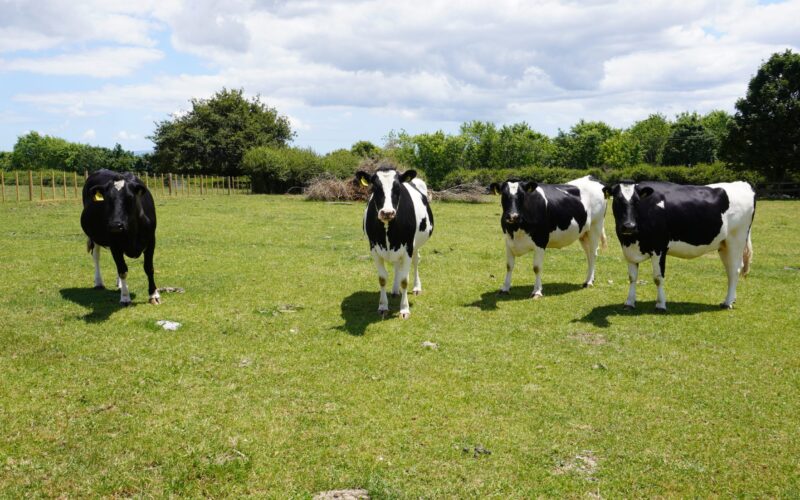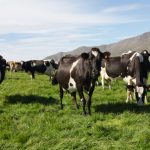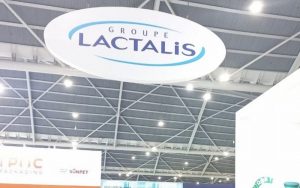
Government support was key in early days, but Ruminant BioTech now well able to weather loss of state funding, it says.
Government moves to shut down its green investment bank will not slow the trajectory of Ruminant BioTech, one of its earlier equity investments.
The methane mitigating start-up company received $2.5 million of equity funding from the bank in May 2023 to help accelerate its development and steps to commercialisation of its bolus technology.
Last week Climate Change Minister Simon Watts declared the New Zealand Green Investment Fund (NZGIF) officially shut, citing “limited results” from the $400m fund opened by the previous Labour government.
He cited over 20 other government funds operating with similar objectives to NZGIF that could still be accessed.
Ruminant BioTech CEO Tom Breen said the early-stage funding had played an invaluable part in helping the company become established. The investment also came alongside significant private co-investment that includes local and offshore investors. They include United States-based, climate-focused venture capital fund Regeneration.
“The NZGIF was good support for that early stage, but the loss of the fund is now of no material impact to us.
“We have reached a stage where now we are sourcing capital from across a range of different places,” he said.

NZGIF drew fire when it made a $145m loan to solar panel company SolarZero. Controversy flared around the company when venture capital company BlackRock placed it into liquidation, leaving 169 staff out of a job and many owed holiday pay and notice periods.
Watts said he was not assured taxpayer dollars were being well spent through the fund.
But Ruminant BioTech’s slow release bolus appears to be on target, with the company aiming for commercial release by the end of the calendar year.
The technology delivers targeted doses of methane inhibitor over a sustained period, aiming to achieve a 70% reduction per cow in emitted methane over a six-month period.
Breen said beef herds in New Zealand and Australia were the first focus of the launch.
“We do still have a few milestones on a regulatory basis to get through in New Zealand.”
NZ’s regulatory agency, the Environmental Protection Authority (EPA), has been under the spotlight for time taken to gain regulatory approval on new products, with a recent review laying out key areas to be addressed.
Late last month Dr Steve Meller the CEO of Australia-based methane mitigation company CH4 announced his decision to walk away from the NZ market on grounds regulatory hurdles had proven too costly and lengthy to persevere with.
Meller has been outspoken in challenging government regulators on their stance, maintaining the Agricultural Compounds and Veterinary Medicines (ACVM) regulations have stymied his and other companies launching products.
“All I can say is there has been a lot of support from the whole industry to get solutions to market in a positive way and the approach in NZ has been very complementary, we are looking to have results in coming months,” said Breen.
He said it was a similar situation in Australia, despite a different regulatory landscape.
“It is more about making sure we are ready from a claims perspective and getting through that process. We are now exposing the product to variability and seasonality influences to fully prove it.”
You can now read the most important #news on #eDairyNews #Whatsapp channels!!!
🇺🇸 eDairy News INGLÊS: https://whatsapp.com/channel/0029VaKsjzGDTkJyIN6hcP1K



















